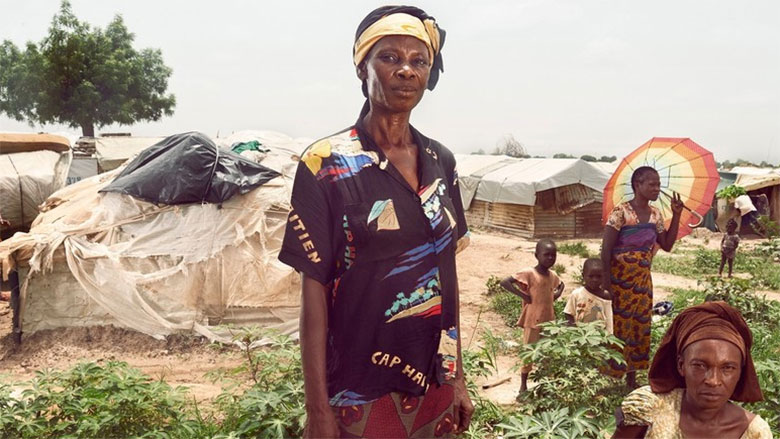While the world has its eyes fixed on the heartbreaking refugee crisis resulting from conflict in the Middle East, a number of African countries struggle to cope with the challenges of hosting long-term refugees—Kenya is one of them. The plight of these refugees and Internally Displaced Persons (IDPs) in Africa—displaced within their own country—can no longer be ignored.
The reality is that the great majority of African refugee movements happen within Africa, with the burden of caring for these migrants falling on neighboring countries. The price tag for Kenya to look after the refugees in 2016? Around $230 million, according to estimates by UNHCR, the United Nations refugee agency. But time and again such appeals for humanitarian assistance for displaced persons in Africa go under-funded. It is time to think of how to finance such work differently.
The numbers are indeed staggering: Of the total 18 million displaced persons in Africa, more than 12.5 million are internally displaced persons (IDPs) living in their own countries. The IDPs and refugees share something in common: the agony and costs of being forced to flee their homes. A majority of them are children and youth under the age of 18, suffering loss and dislocation which will affect the rest of their lives. Some camps in Africa have been around for 40 years. Children born in these camps have nowhere to call home; in the course of living in these camps, these children have since become parents. Successive generations have grown up away from the reach of mainstream development efforts. And let’s not forget the host communities who have been very generous in allowing the refugees to live in their towns and villages. This causes us to stop and reflect.
We are moved by the barrage of images of millions of people parked in camps or other makeshift settlements. But given the prolonged duration of most displacements, it is time to recognize that we —governments, donors, civil society and the private sector— must evolve from strictly humanitarian responses and develop collectively long-term development solutions to promote self-reliance, integration of refugees, reduce aid dependency, and empower and support host countries and communities.

